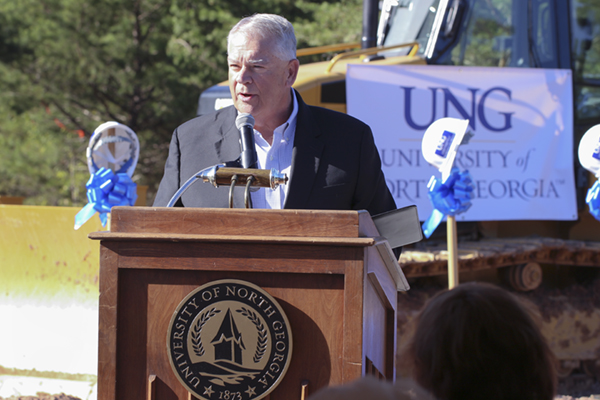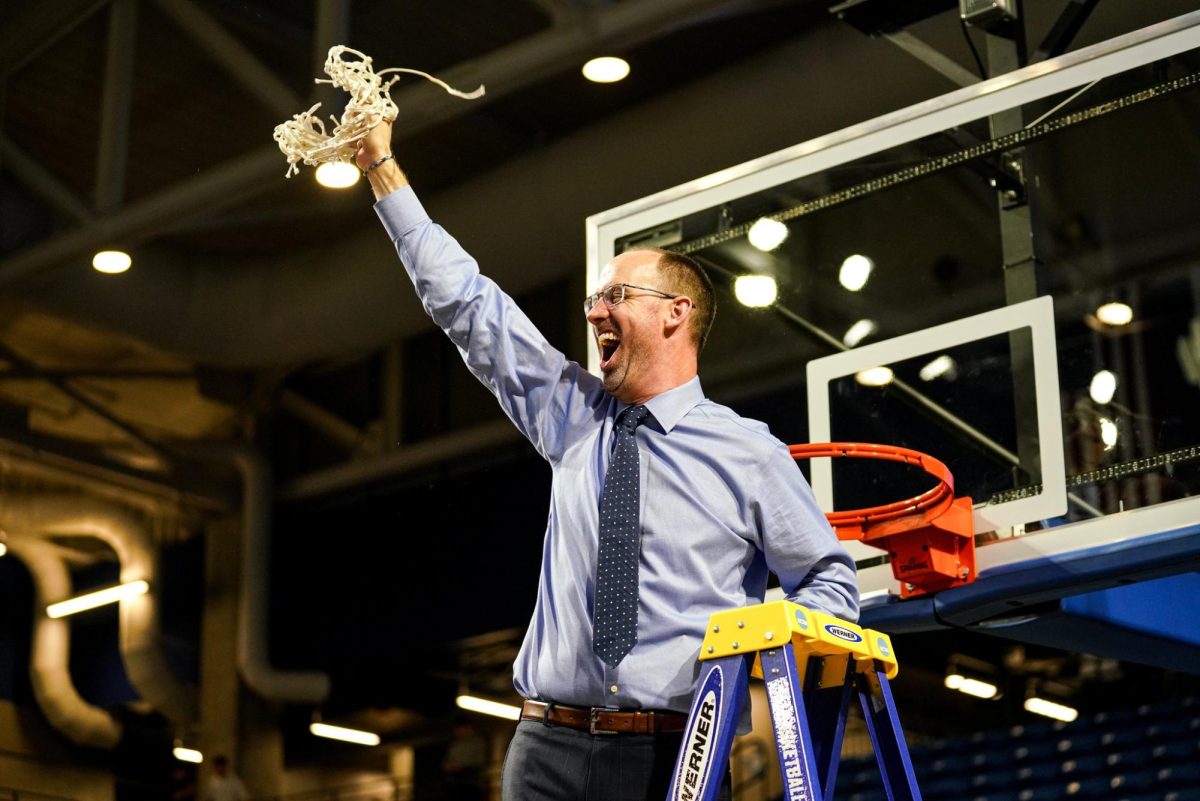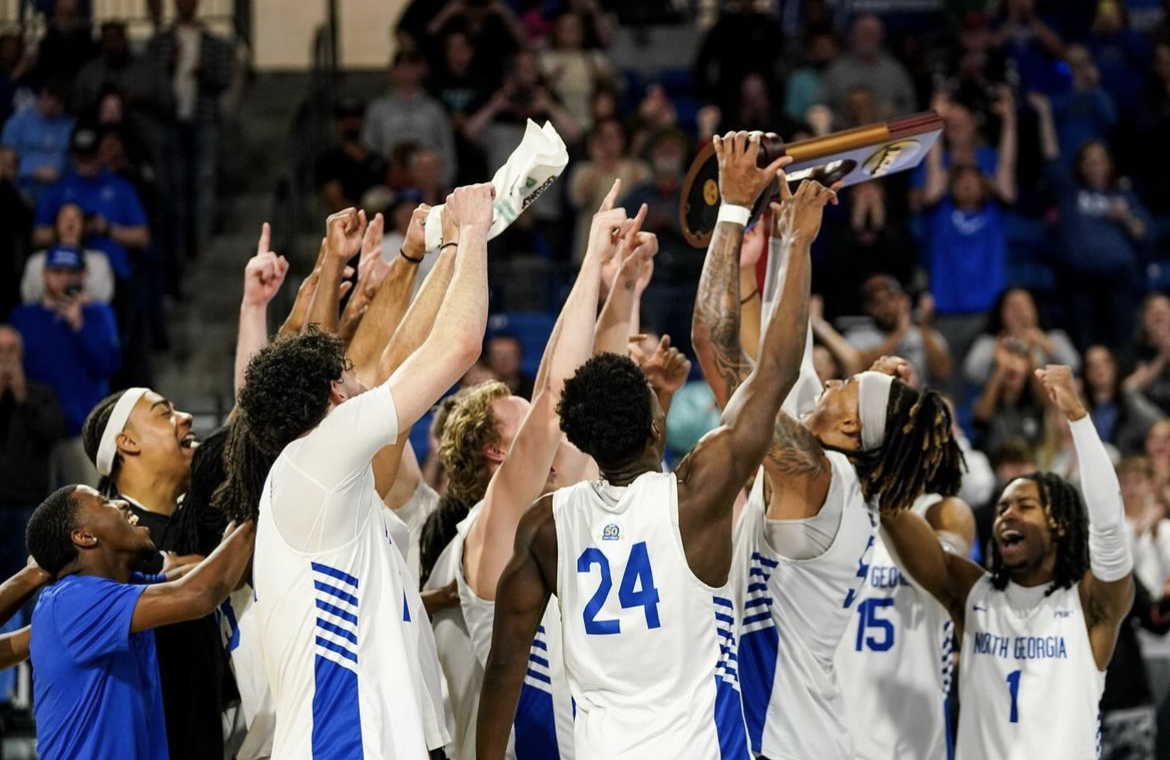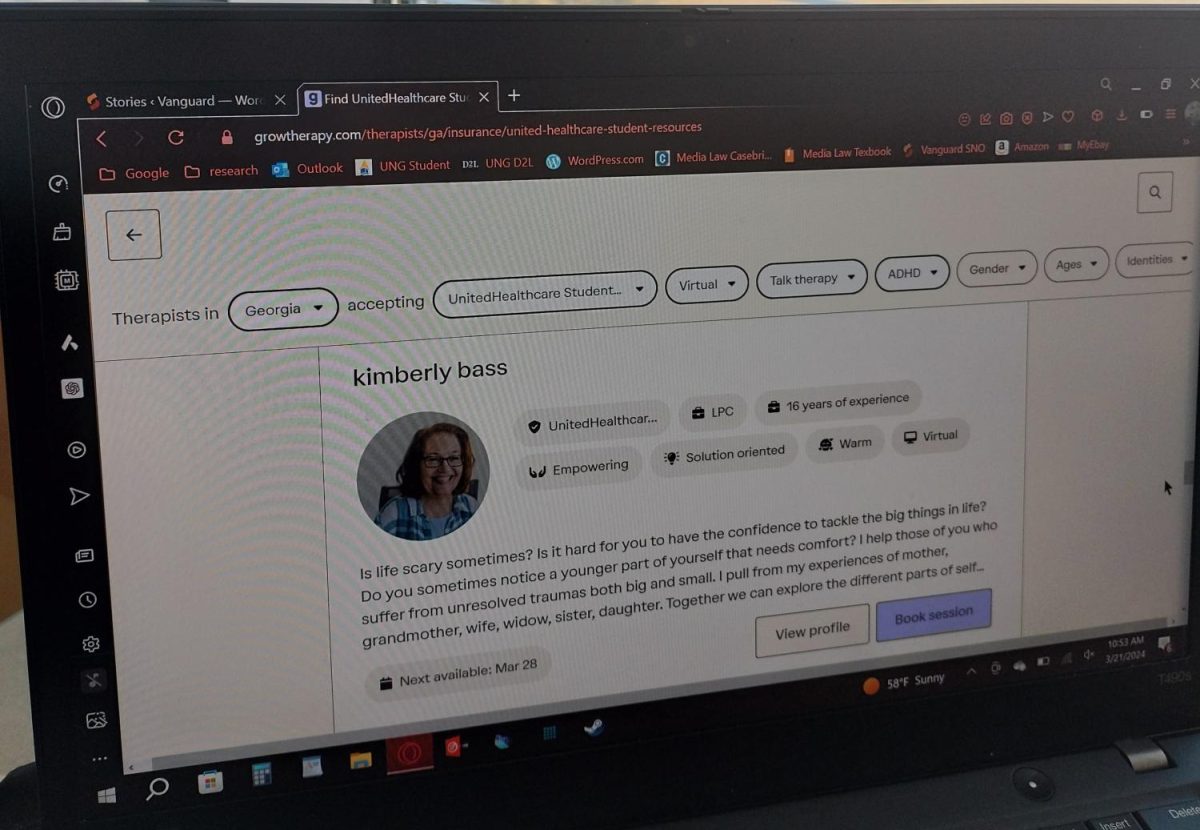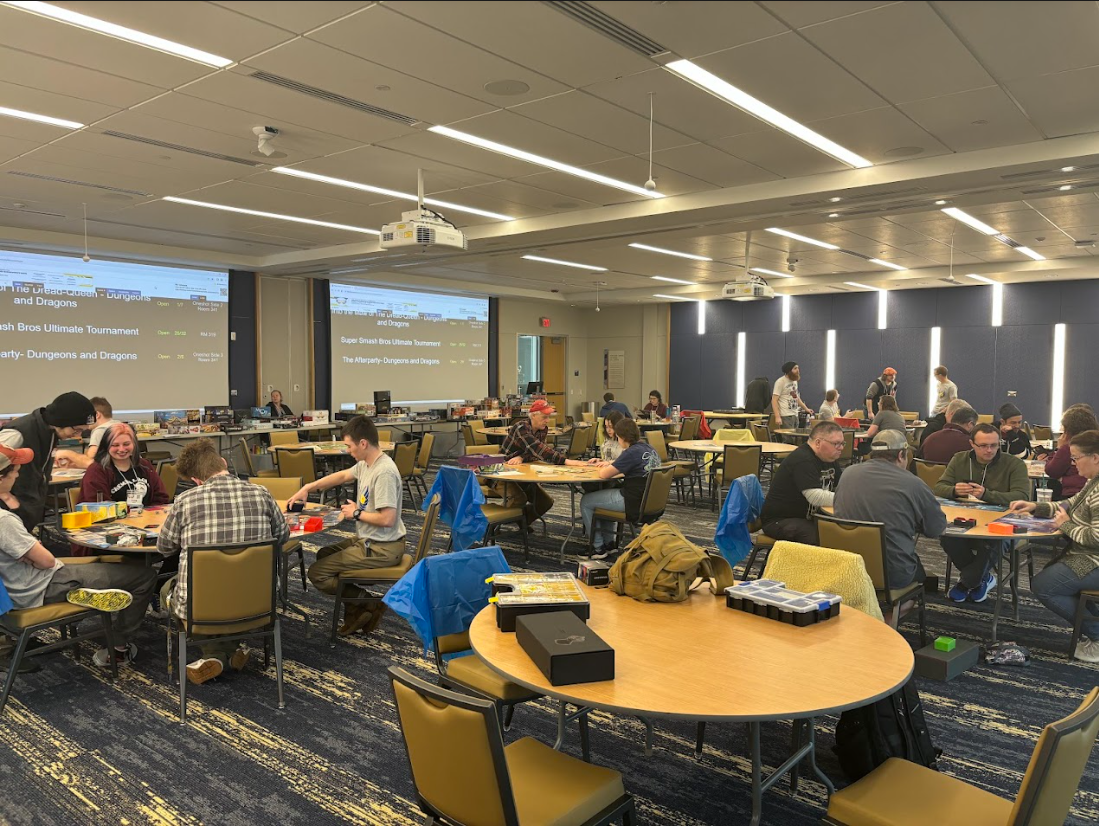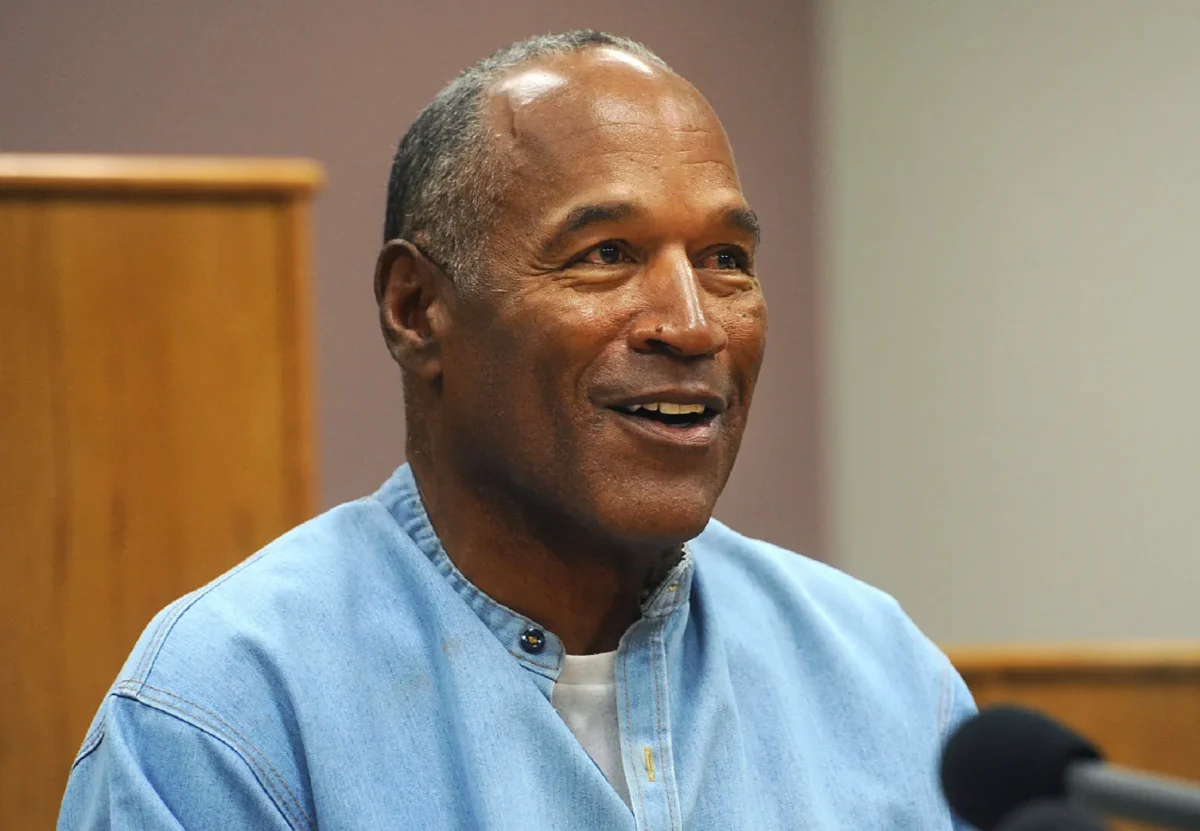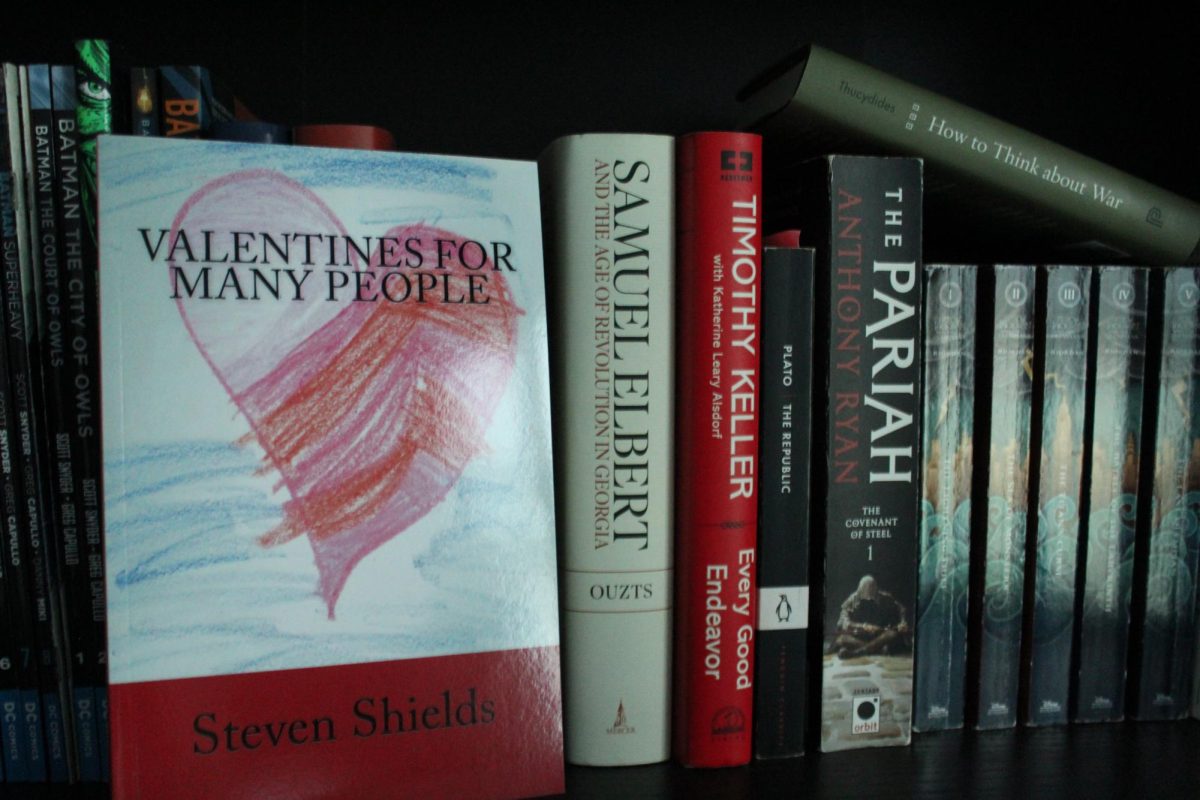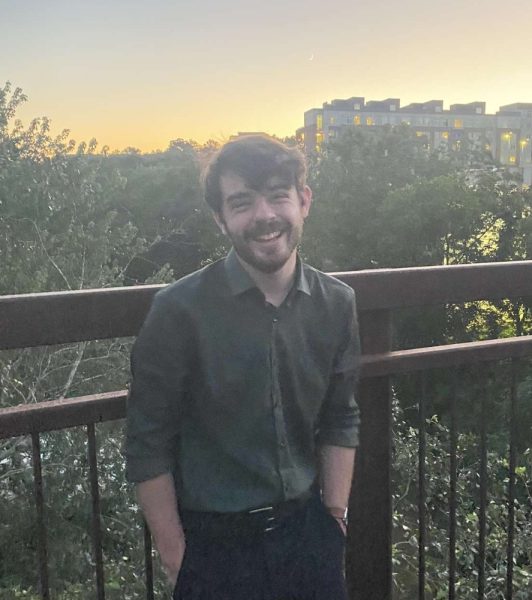For college students, reading for homework is often seen as a chore. However, throughout history, reading has been seen as a source of entertainment, art, enrichment and media.
Steven Shields, an Associate Professor of Communication, Film and Theater at the University of North Georgia at the Gainesville campus, is an avid reader and advocate for leisure reading. He defines the activity as engaging in a book, magazine or newspaper for either entertainment or learning. Reading emails, textbooks, texts and similar communication is what Shields deems “functional reading” for day-to-day life.
Shields teaches an Intro to Media Studies class at UNG Gainesville, which involves an entire unit dedicated to books. In this unit, he references an article from Lifehack writer Catherine Winter on the ten main benefits of reading, which she believes are:
- Mental Stimulation
- Stress Reduction
- Knowledge Enhancement
- Vocabulary Expansion
- Memory Improvement
- Analytical Thinking Skills
- Focus and Concentration
- Better Writing Skills
- Tranquility
- Source of Entertainment (free in the case of public libraries)
Shields posits that the importance of each benefit varies depending on where one is in life. Before, reading helped him grasp complex topics. Now, his reading goal is to keep his mind sharp.
Shields adds that reading engages the brain in a different way from television and thus should not be deemed inferior. “I think audiences, like nature, tend instead toward inertia. Educational TV is too much like work. We turn instead to something that amuses us.”
Shields cites Canadian Media Philosopher Marshall MacLuhan, who claimed that the brain must work harder to process messaging through television than print.
A survey conducted on Instagram, and by interview, shows 100% agreement on the importance of leisure reading but mixed results on how many books respondents have read in the past year. Approximately 27% of respondents report reading only one or two books or not reading any. Another 27% say they have read three or four, while 47% say five books or more.
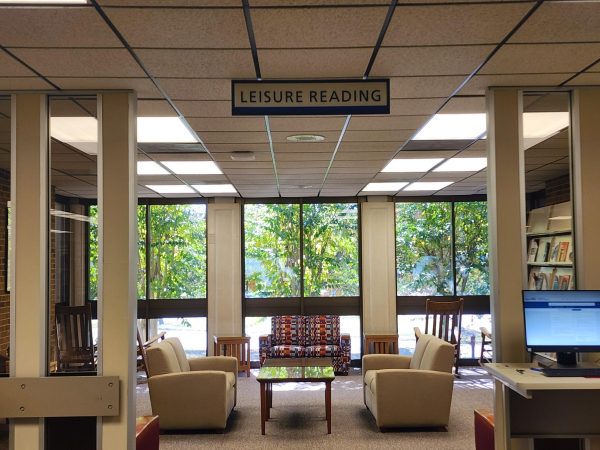
As for Shields, he says that he probably reads around 25 books a year, more counting poetry books. He chooses to read these books, not listen to their audio versions, once again citing MacLuhan’s point that audio learning taxes the brain more than reading.
The survey overall seems to agree with Shields’ sentiment, with roughly 73% preferring to read their leisure books. Another 20% say they bounce between books and audiobooks, while only 7% exclusively listen to audiobooks.
Shields has a couple of recommendations for those wishing to start reading for pleasure. The first is “The New York Times Book Review,” where journalists advertise everything in the print world, from bestsellers to timeless classics.
The second is to go to the local bookstore and ask the staff what they recommend or find something that catches the eye.
“That old saying that you can’t judge a book by its cover is only partly correct. An appealing cover is like an appealing person: First impressions at least open the conversation.” – Steven Shields, UNG Associate Professor of Communication, Film and Theater
According to Shields, if society loses leisure reading, it loses the ability to exercise its imagination.
“You retain a sense of childlike wonder, of ‘childhood,’ by reading,” Shields said.
However, it seems he does not need to worry about that sentiment.
In a 2021 study from the U.S. Bureau of Labor Statistics, spending on recreational reading increased by 62.5% among young adults aged 25 and under from 2019-2021.
Shields himself is a published writer with two poetry collections, with a couple of shorter, self-published ones. Those interested in his work can visit www.stevenowenshields.com to learn more.

